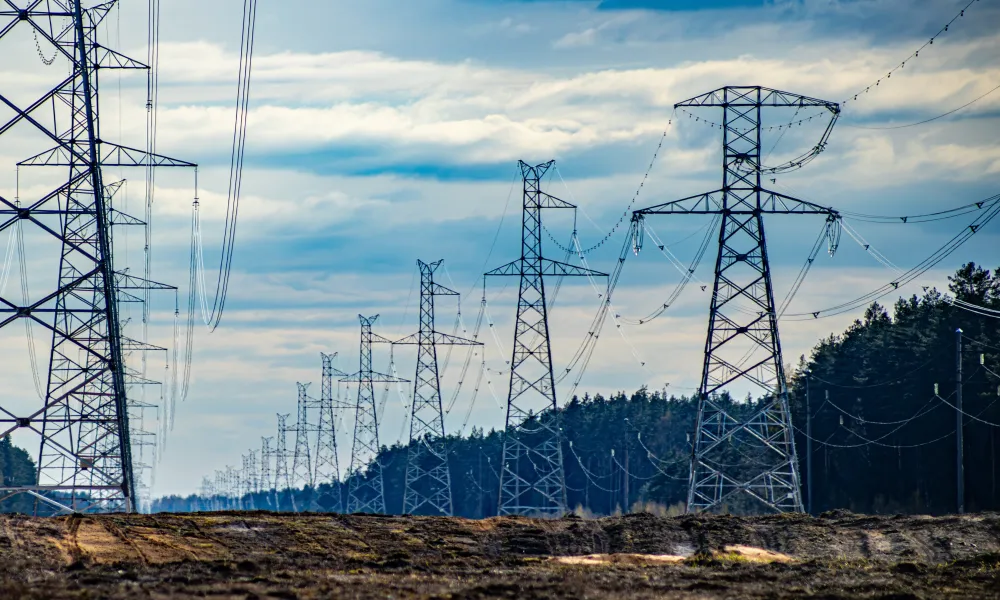Cyprus’ electricity market has officially entered a new phase. After years of delays and a long, obstacle-ridden transition, the country is moving toward a framework designed to encourage competition and reduce electricity bills, which remain among the highest in Europe.
High electricity costs are straining Cypriots’ purchasing power and driving more households into energy poverty. Businesses are also paying the price, losing both competitiveness and international reach.
While the fully operational Competitive Electricity Market marks a major milestone, it is not expected to bring an immediate or dramatic drop in prices. The launch comes at a time when fundamental challenges in electricity generation remain unresolved.
First, the Electricity Authority of Cyprus (EAC) continues to dominate conventional energy production, facing little real competition. The arrival of natural gas for power generation -a key condition for a properly functioning competitive market- is still uncertain.
Second, the market is opening before energy storage systems have been developed. Even without natural gas, such technology would enable renewable energy to compete more effectively with conventional sources, especially during hours of low generation.
Large commercial and industrial consumers are expected to benefit first. Many are already under contract with private suppliers through the transitional framework. Household consumers, however, will need to wait for competitive packages from private providers, which may offer slightly lower rates at a later stage.
For the market to become healthy and sustainable, the government and regulatory bodies must move beyond procedural tests and delays. They must ensure the timely completion of natural gas infrastructure and, without further holdups, approve energy storage projects under fair conditions.
Regulators must also act swiftly in the event of market distortions or deficiencies, while all participants, including the EAC, should operate transparently and keep costs reasonable.
Finally, large retail companies, among the first to benefit from lower prices, carry a responsibility to pass at least part of those savings on to households, which remain the backbone of Cypriot commerce and the wider economy.
